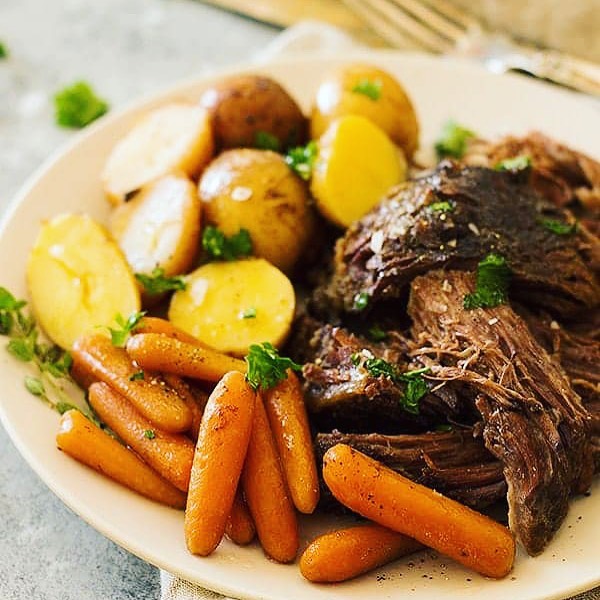One of the biggest hindrances to conscious healthy eating is the proliferation of dieting myths. These myths appear to be helpful and even present themselves as something similar to common sense. The fact of the matter is that folktales and uninformed opinions can be harmful to accomplishing your health and weight loss goals.
“Dieting myths appear to be helpful but can actually be some of the most harmful things to your weight loss goals and overall health.”
Take a look at the following five diet myths:
Myth: You can only eat a limited range of foods.
You might lose weight by eating only grapefruit or citrus for a week, but chances are burnout and cravings will cause you to fall back into unhealthy eating habits. As with much in life, balance is essential when it comes to what we eat. Limiting your range of intake also limits the nutrients your body receives.
Myth: You should detox regularly.
“Detoxing” sounds appealing. Limiting yourself to plant-based juices or specific regimens that supposedly remove toxicants from your body sounds like a great health solution. However, the best approach for dealing with chronic toxicity in the body is through a well-balanced and steady diet. Your liver, kidneys, lungs, and other organs work to remove harmful toxins from the body. A low-calorie or insufficient diet deprives these organs of the nutrients they need to do their best work.
Myth: Carbs and fats are bad for you.
It’s easy to label certain types of foods as detrimental to your weight loss goals. Carbohydrates and fats are often victims of such misjudgment. The real culprit that contributes to weight gain is the calorie. To lose weight, you must operate at a caloric deficit. Carbs and fats have their place in a balanced, low-calorie meal plan.

Myth: You shouldn’t skip breakfast.
We’ve all heard it: Breakfast is the most important meal of the day. When it comes to overall health and weight loss, when you eat is not as important as what and how much you eat. Research suggests that whether or not someone benefits from eating breakfast–or eating earlier in the day in general–depends on individual factors. For some, an early morning meal helps stave off bad eating habits later. For others, skipping breakfast is natural and helps them operate at a caloric deficit for the day.
Myth: Eating more often will boost your metabolism.
Every time you eat there is a slight boost in your metabolic rate. This fact has contributed to the myth that eating often boosts your metabolism overall. In fact, larger meals have a greater boosting effect than smaller, sporadic snacks. Whether you choose to eat fewer large meals or frequent small meals, the facts remain the same. What you eat and how many calories you take in overall has a great impact on your health than frequency.
Fit Five Meals offers a creative solution when combatting and overcoming diet myths. By providing fresh food that fits your life, we make it easy to maintain a balanced diet with meals that are as easy to enjoy as they are nutritious.
